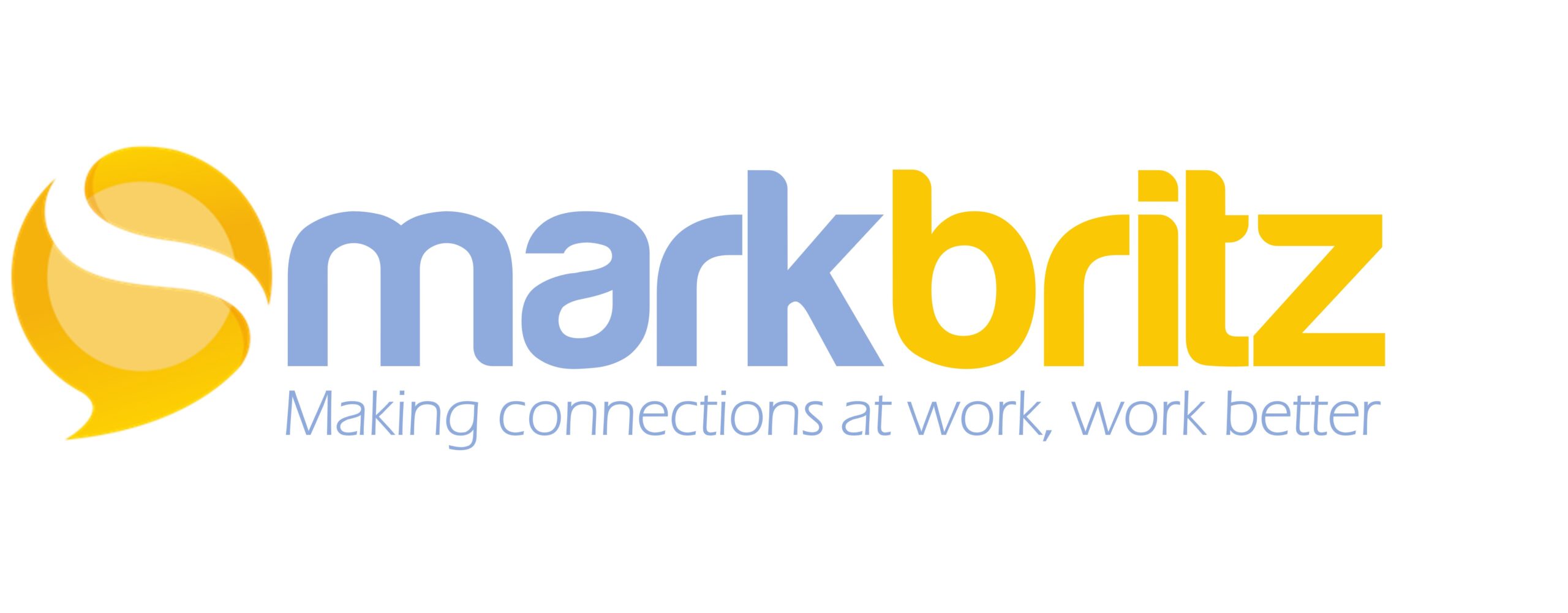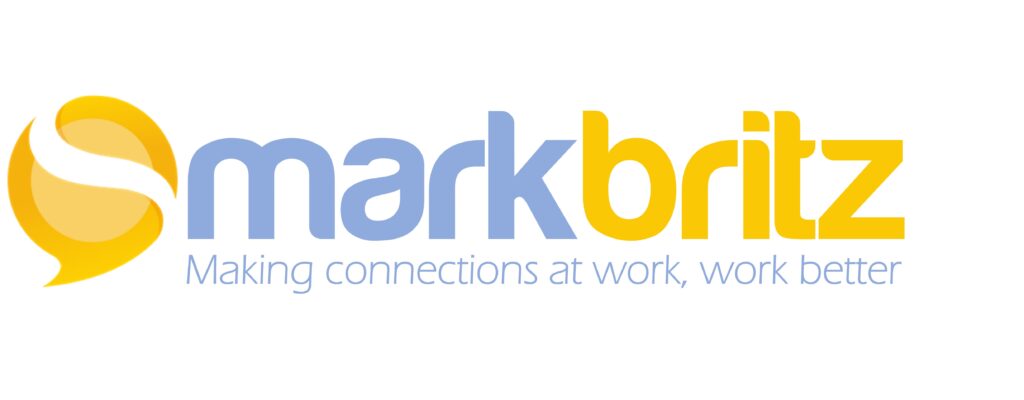“Culture is an emergent property of the many practices that happen every day. Change the practices and a new culture will emerge.” – Harold Jarche
I always thought Harold nailed it with this quote, showing equally how obvious yet how difficult organizational culture change can be.But where, when and how does change start? Is it through a huge strategy and subsequent tactics or is it smaller, more individualized, gradual. Practices are the actions we undertake and the behaviors we exhibit. Everything from how we conduct meetings, organize project teams, or decide how long to stand with a colleague talking over a cup of coffee. All are practices that make up our culture. Words to are practices as they are deliberate actions; thoughts transmitted. In the organizational learning subculture the words course and training are unfortunately defaulted to when people who don’t understand them toss them around as THE solution to work performance problem. So if the words change does the related practice follow and then the culture shifts? Are words then the spark to ignite the potential change to come?
For me, each and every opportunity where the cry of “we need training” or a “we should have a course on xyz…” is raised I swoop into performance consultant mode and probe to determine the nature and significance of the issue and remind them for example that a PowerPoint deck is NOT in and of itself Training. I’m relentless to the point where my staff asked me if I have a template of my responses. I’m also confident that on the other end of the call or email, eyes have rolled.
Recently though a key leader responded in an email to my typical inquiries with the words “training” and “course”…
The words were in quotes.
I sensed some subtraction by addition with these quotes bracketing the terms. Maybe it was an element of uncertainty, a glimpse into his internal questioning. However possibly he only wrote it that way to stave off my railing against training first, training always. Regardless, he was singling out the terms as being different than the definition. He was unsure what the solution was but used the only terms he knew with a subtle punctuational caveat.
Maybe this then is the trigger, the first practice to change in an organizational culture – Words shared, one conversation at a time.


